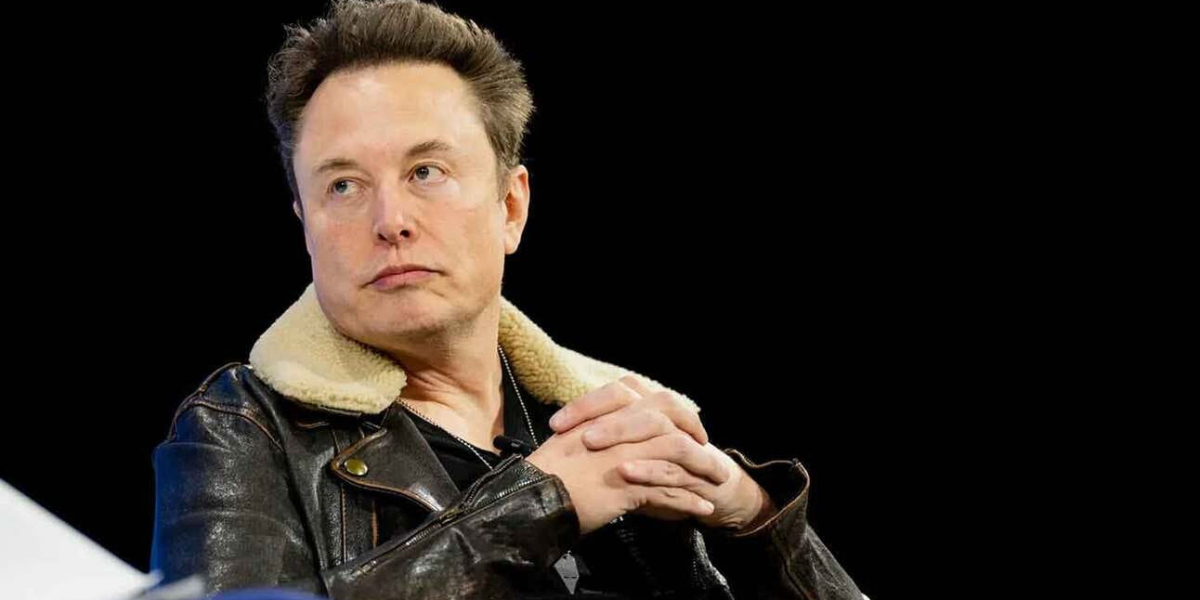Here is a 1000 word essay analyzing Elon Musk's request for additional voting control over Tesla:
Title:
Category: Business
Keywords: Elon Musk, Tesla, corporate governance, AI strategy, robotics, voting shares
Introduction
Elon Musk's latest startling request that Tesla grant him an additional 25% in voting control of the company is raising major questions about corporate leadership and strategic direction. As the enigmatic visionary behind Tesla's rise, Musk understandably seeks to firmly steer its ambitious AI and robotics goals. However, his latest demand spotlights the tension between his outsized influence and shareholders' interests. This essay will analyze the implications of Musk's ask and what it signals about Tesla's future path.
Background
Currently holding around 13% of Tesla's voting shares, Musk has long exerted strong influence through his charismatic leadership and track record of success. However, his $44 billion Twitter acquisition drained significant personal funds, renewing debate around his priorities. Meanwhile, short-sellers and critics question Tesla's astronomical valuation relative to deliveries. Against this backdrop, Musk's request for 25% control seems a bid to consolidate power as Tesla expands into new technologies.
Control vs. Governance
Granting Musk's demand would tremendously boost his authority over strategic decisions and insulate Tesla from potential takeover attempts. However, issuing new shares could invite lawsuits alleging unfair dilution of existing shareholders' stakes. It may also damage Tesla's ESG credentials and corporate governance standards. While Musk's vision is undoubtedly key to Tesla's future, concentrating power in one individual carries inherent risks to stability and succession planning.
AI and Robotics Pivot
Musk clearly views AI as the next frontier to drive Tesla's growth, having already invested heavily in automated driving research. However, doubts linger over timelines and commercial viability. Transitioning into unproven technologies requires careful oversight to mitigate risks from inevitable setbacks. Musk's control demand may signal an acceleration of AI strategies, for better or worse. It remains unclear if shareholders will endorse such a capital-intensive pivot without more transparency and accountability.
Balancing Innovation and Governance
As an iconic innovator, Musk understandably seeks freedom to pursue groundbreaking technologies. However, public companies also have responsibilities to shareholders, customers, employees and other stakeholders. Tesla's board must balance enabling Musk's vision with prudent governance, strategic clarity and succession planning. With so much riding on one leader's personality and priorities, increased oversight seems prudent. How Tesla navigates this conundrum will impact its long-term sustainability as much as any technological breakthroughs.
Conclusion
Elon Musk's audacious request to consolidate control of Tesla spotlights the inherent tensions between unfettered vision and responsible corporate leadership. As Tesla accelerates into uncertain technological frontiers, maintaining the confidence of shareholders, employees and customers will require deft governance. The board faces a delicate task of empowering innovation responsibly while mitigating concentration of power and leadership transition risks. How this issue is navigated will shape Tesla's long-term trajectory.







